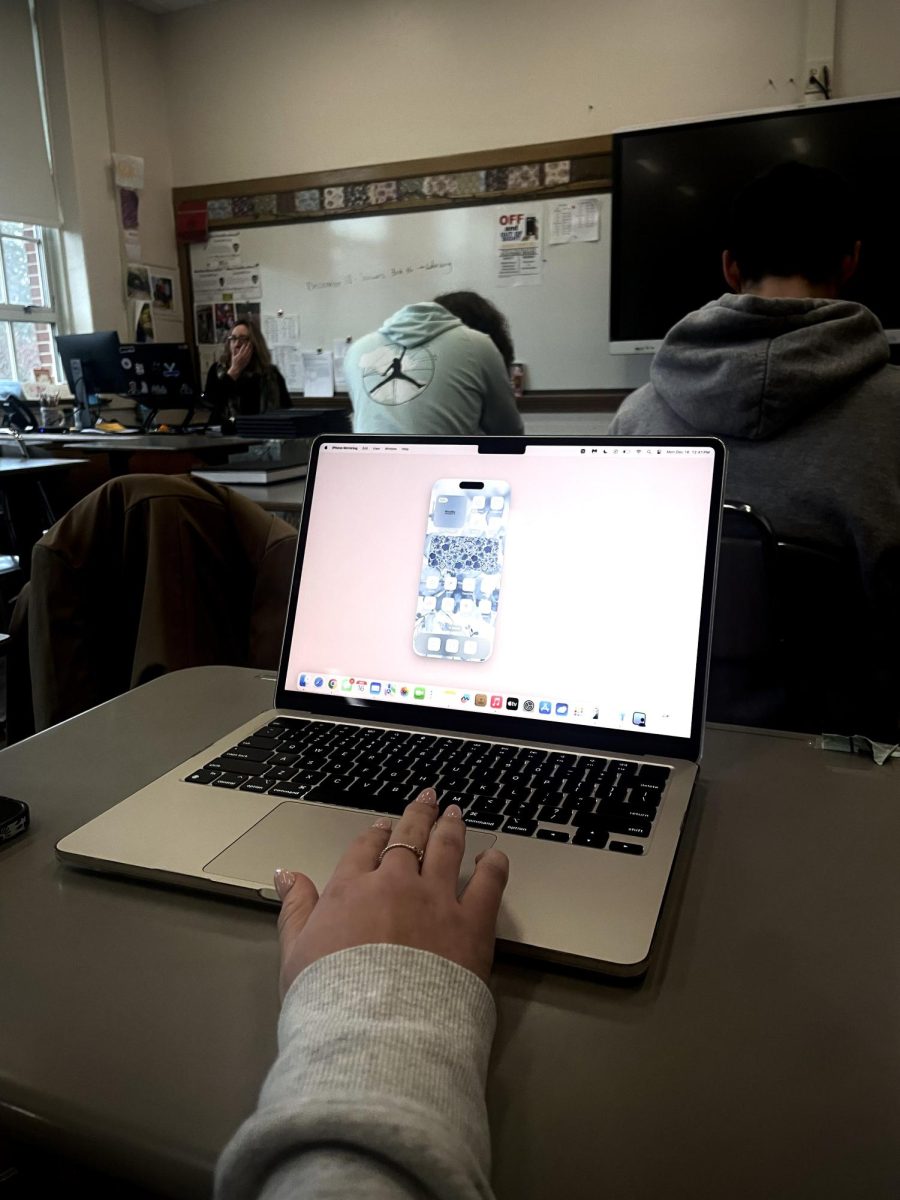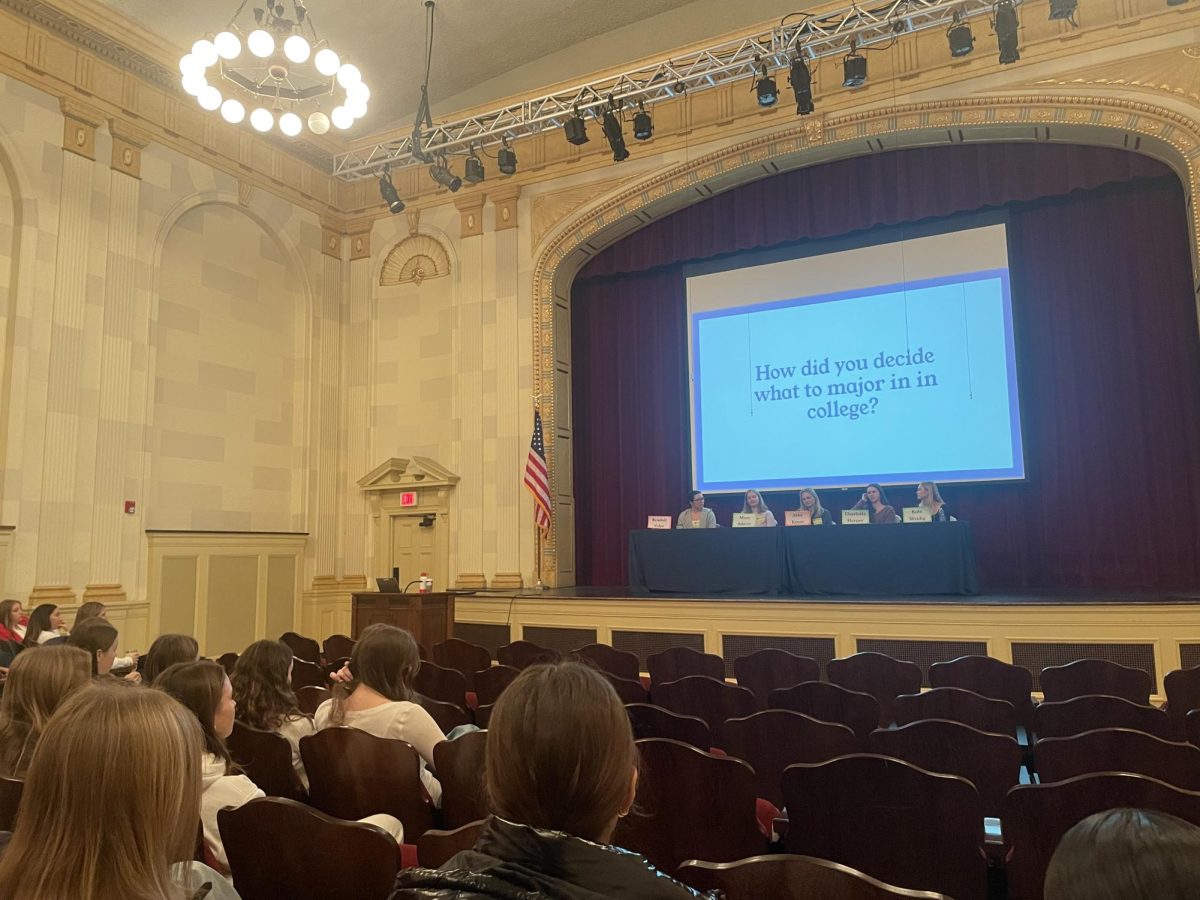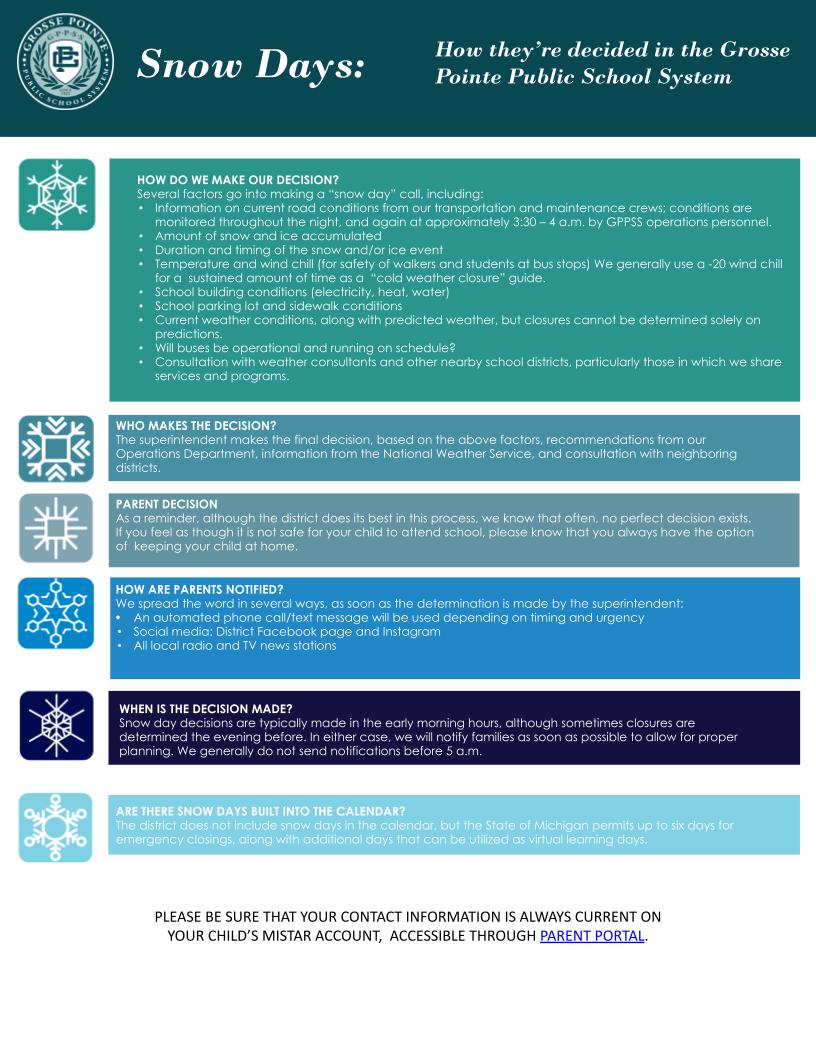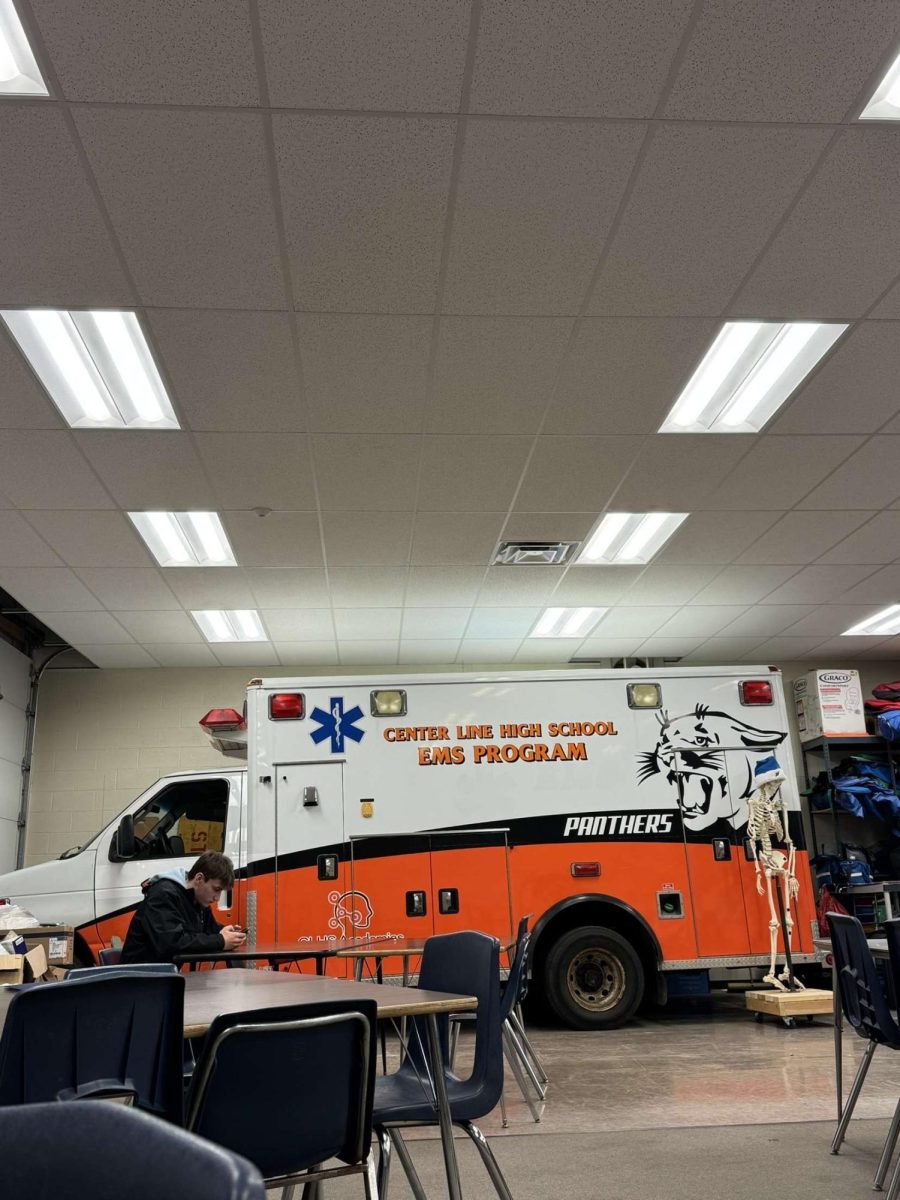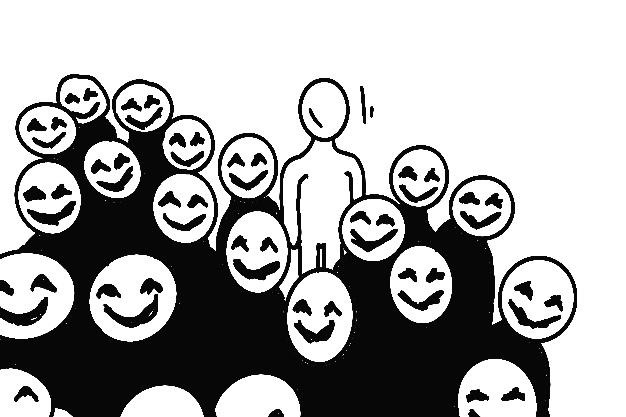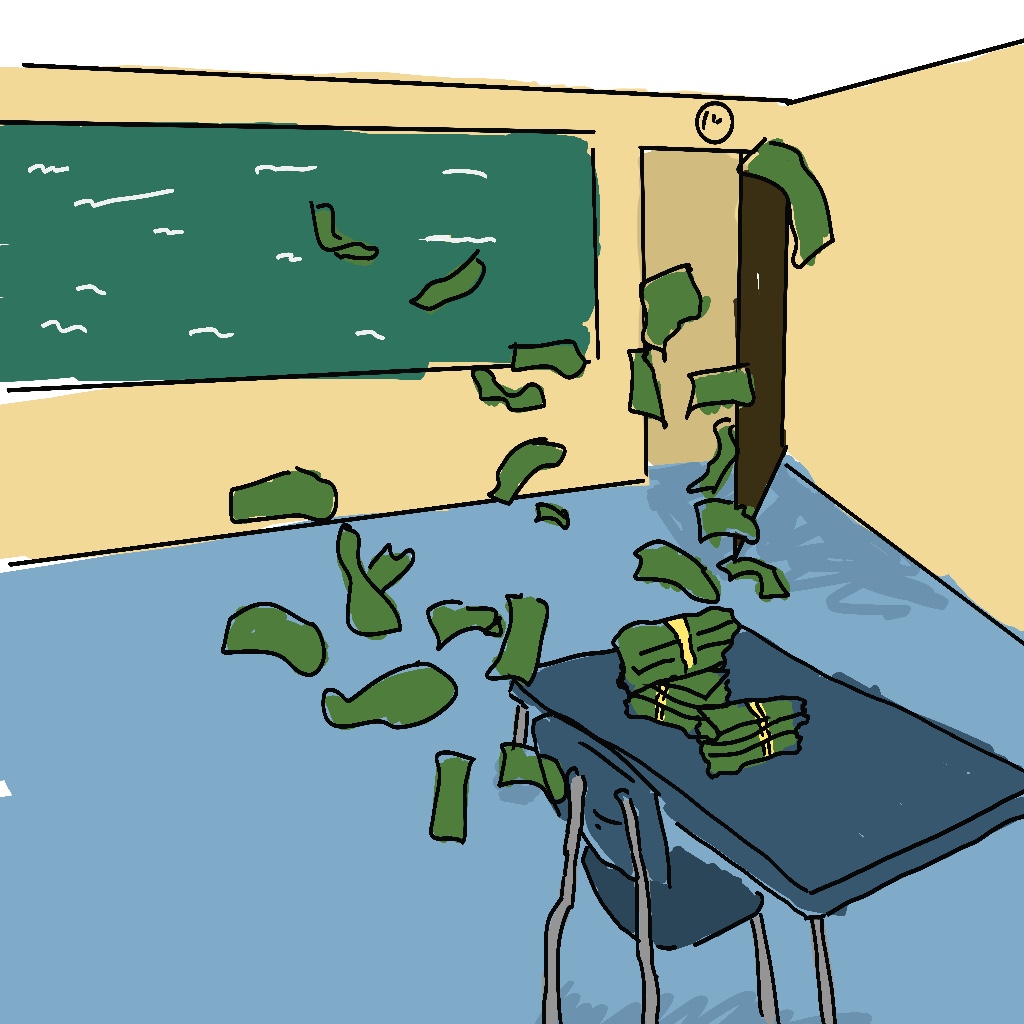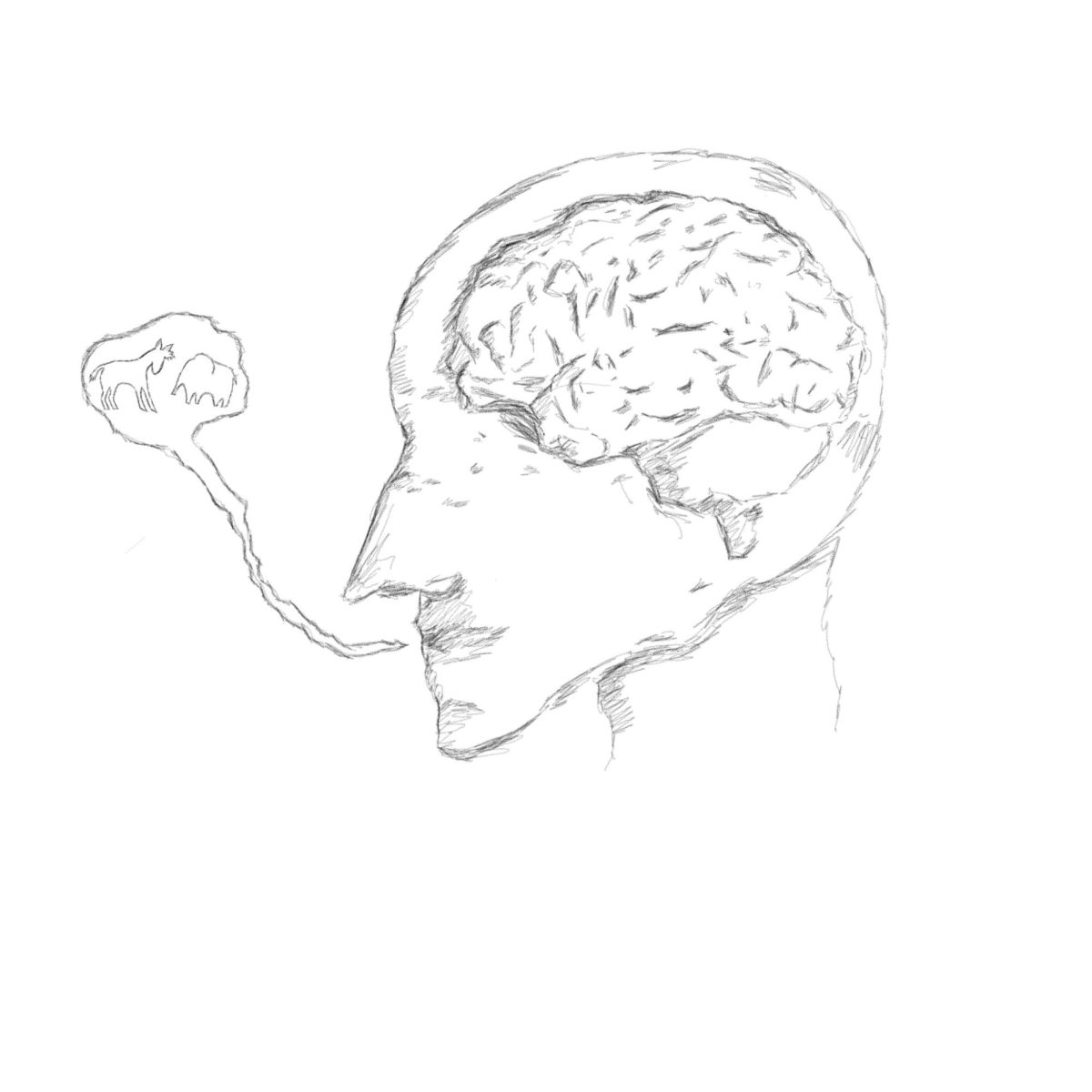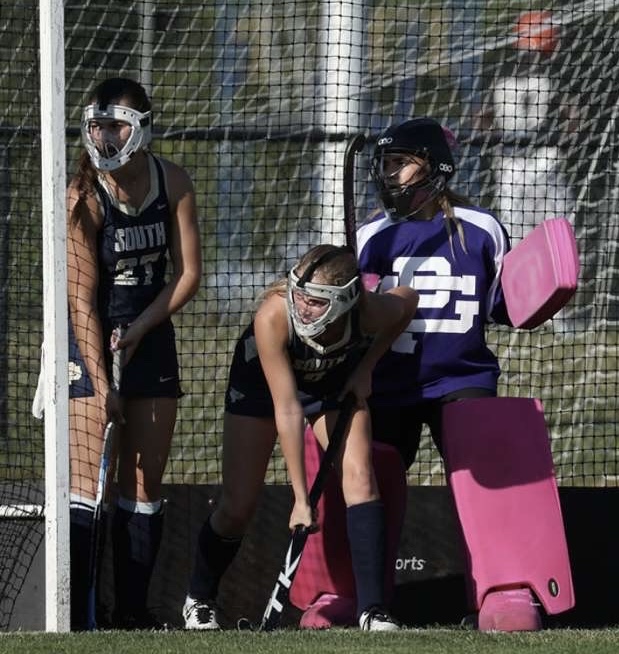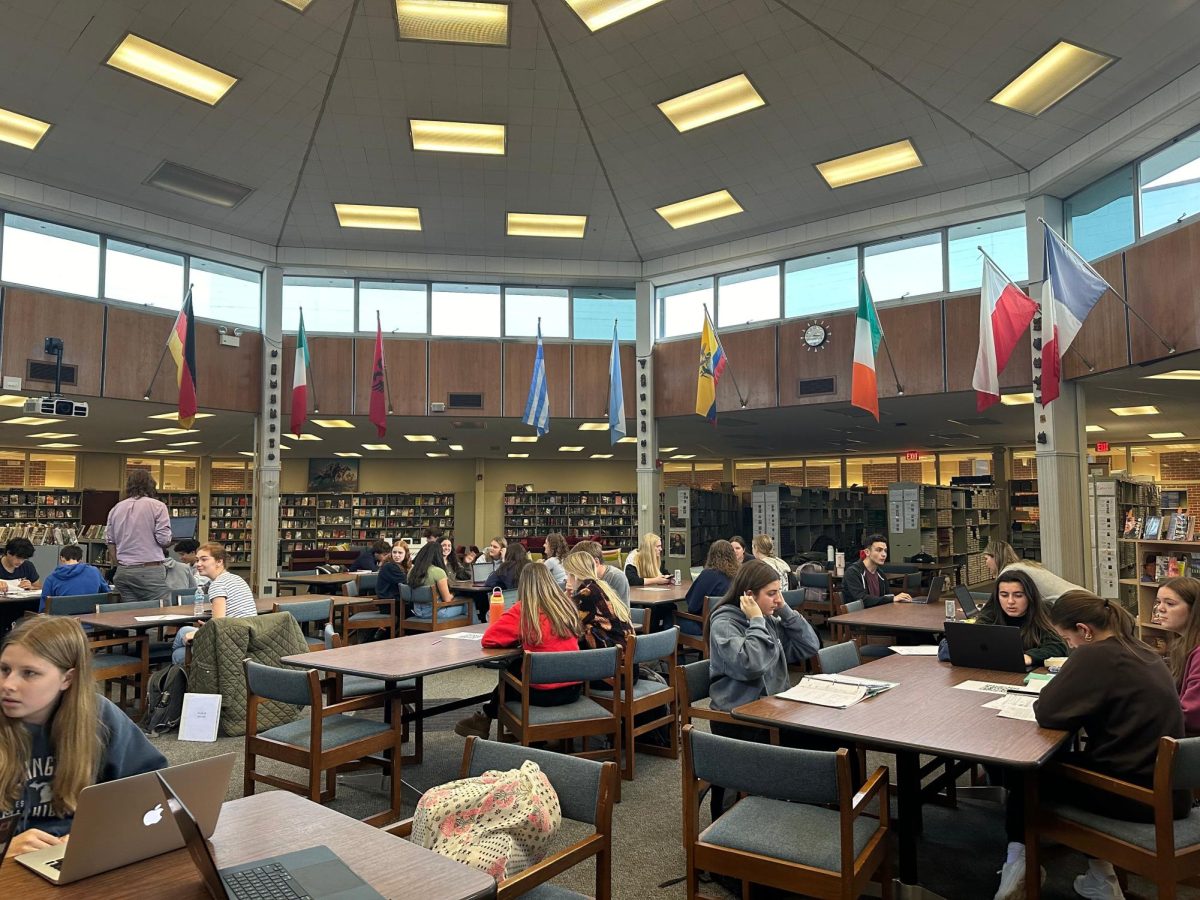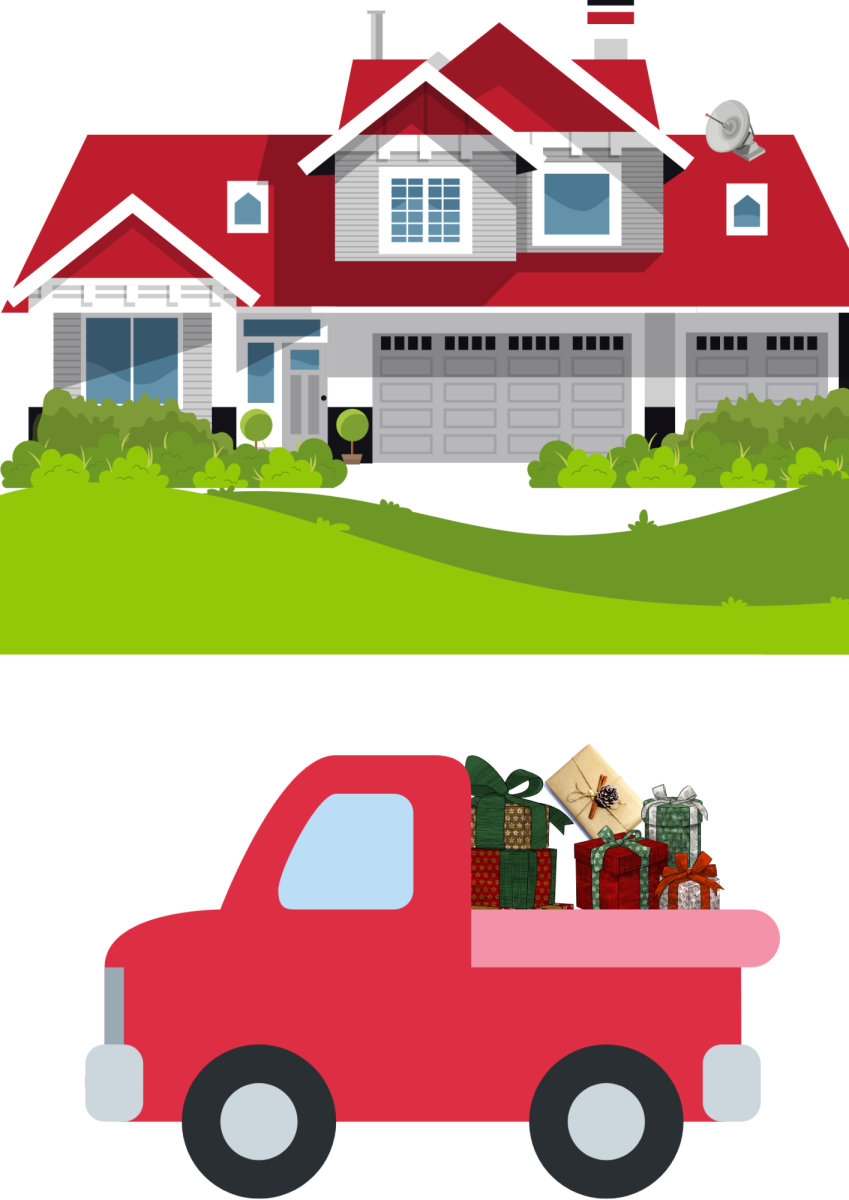By Emily Shea ’15 | Staff Writer
While most students have to worry about high school classes and sleep, Charlie Thompson ’15 balances a college class while attempting to get a full eight hours of sleep.
“When I have sleeping problems I take melatonin to help sleep,” said Thompson. “It helped to make sleeping a lot more regular and easier for me.”
Thompson is one of the few South students to attend a college course at Wayne State University. He knows just how to balance school and rest.
“School makes sleep a lot more difficult for me,” said Thompson. “I’ll stay up late or wake up early to get homework done or study. If school started later I guess first hour would be a little more focused and awake.”
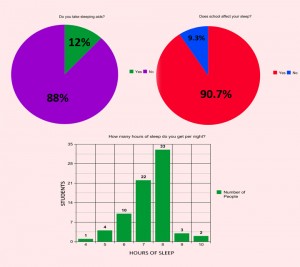 Many schools, mostly public, have been considering a change in school start times due to physical and mental health problems recently studied by psychologists, according to the National Sleep Foundation.
Many schools, mostly public, have been considering a change in school start times due to physical and mental health problems recently studied by psychologists, according to the National Sleep Foundation.
According to Psychology Today, a Minnesota study showed that a later start time resulted in improved functioning for both urban and suburban students.
When urban schools started later, students had better attendance, decreased tardiness and fewer visits to the school nurse. Suburban students tended to keep their regular bedtimes and so added about an hour of sleep per night and were able to get more homework done during the day because of increased alertness and efficiency, according to the study.
“The natural circadian clocks of teenagers are later than most,” said AP Psychology teacher, DeEtte Nardone. “Typically, they (students) are unable to fall asleep before say 11 at night, and then they need about eight hours of sleep, at least, probably more. We are waking them up before they get their largest period of restful sleep, which is REM.”
During Rapid Eye Movement (REM) sleep, the body stops releasing neurotransmitters that are responsible for stimulating the motor neurons. This means that the muscles stop moving, essentially entering a state of temporary sleep paralysis, according to Medical News Today.
REM sleep is a crucial part of getting a complete night’s sleep, Nardone said.
Also, the more sleep a teenager gets the more refreshed and alert they are when they wake up and the information is absorbed better, according to an article from The New York Times.
“It’s ironic that kids are staying up as late as they are to study, and then they are potentially missing the part of sleep that helps to remember what they studied (REM),” said Nardone.
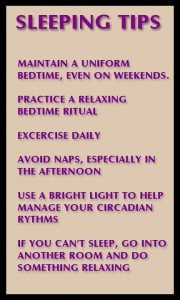
Factbox by Luke Kirtley ’15
There are also many different factors to sleep deprivation that can affect psychological health, Nardone said.
“Lack of sleep is associated with higher levels of depression, even insomnia shows a connection with higher levels of depression,” said Nardone. “It definitely impairs cognition, which is what consolidates memory.”
Students tend to stay up later and wake up earlier to complete assignments, but sometimes a lack of sleep can hurt their grades, said Amelia Calcaterra ’14.
“School always has me staying up later to study,” said Calcaterra. “Even though I’m taking time out of my sleep to study, I notice that it still has negative effects on my grades.”
Teens would get more sleep if school started later and they most likely would be better all-around in terms of their attention span, learning and memory, health teacher Dan Griesbaum said.
“It (lack of sleep) has a snowball effect,” said Griesbaum. “They (students) get behind in sleep, then get too tired to perform or concentrate, then work piles up and they get more stressed.”
There are many disadvantages to starting school later. Although it could be beneficial, students would not like the extended school day it would cause, Calcaterra said.
“The only time it would be beneficial is if it were the time of late start Mondays,” said Emma Peters ’16. “Otherwise we would have to be in school later and I don’t want that to happen. I think others (students) would also agree that extending the school day would be awful.”
Sports and extracurricular schedules, would also have to be taken into consideration, considering that they are a huge part of student and school schedules.
“It could possibly have benefits to the athlete. Being: more rest for practices and games, but extracurriculars would have to start later, making it possible that athletes would get home later and then end up doing homework later,” said Griesbaum.
Unfortunately this ideal extra hour or so of sleep has a lot of competition with sports schedules and those kinds of things, Nardone said. The school system would also have to make a countywide change so all sports competitors were on the same schedule.
Since changing school start times could be years away from happening, both Nardone and Griesbaum had tips for a restful, full nights sleep.
Although there may be no change in the school starting time in the near future, there are always ways to help get the sleep needed to be fully awake and alert, according to the National Sleep Foundation.
“Students need to get off social media sites, and other technology that is robbing them of their sleep,” said Griesbaum. “They could get to bed earlier if they weren’t playing on their phones so much. Also, students need to take a look at their caffeine intake, it may be preventing them from getting to sleep right away.”
Nardone said students should also practice “good sleep hygiene”.
“It’s sort of what your parents would do for you when you were little, you had your bath, got into your pajamas, brushed your teeth and you would go to bed,” said Nardone. “These are all signals that would help your body fall asleep. The other thing that teens can do is avoid screens at least two hours before bed, the technology also impairs your ability to fall asleep.”

